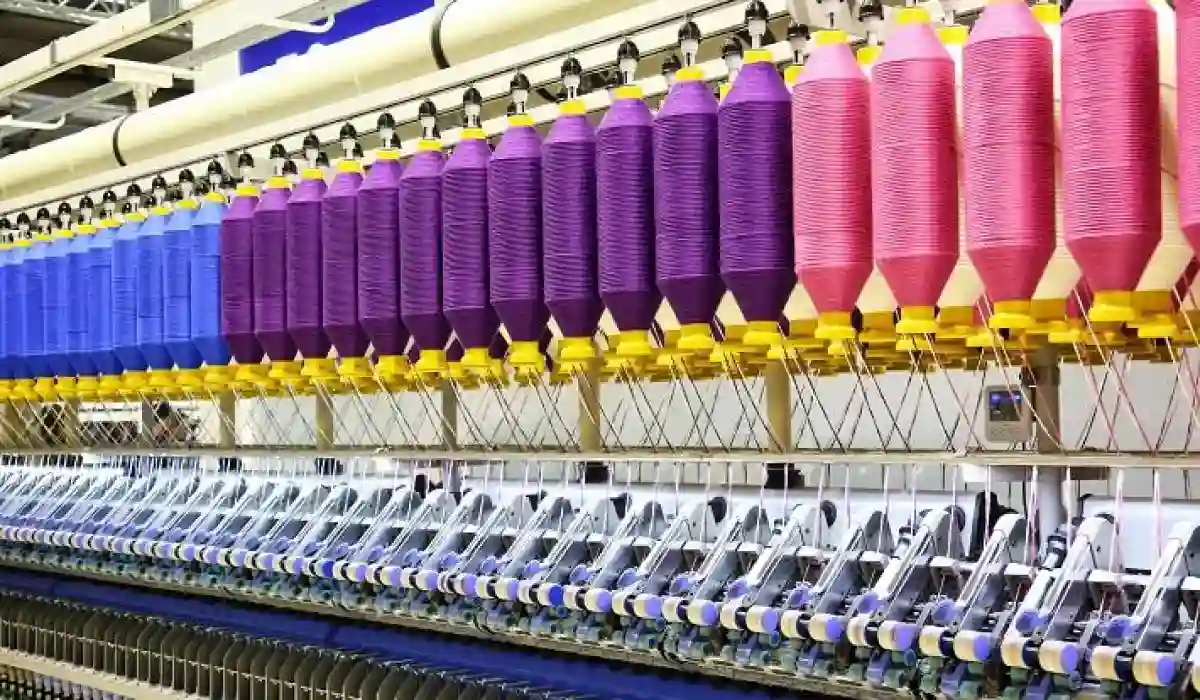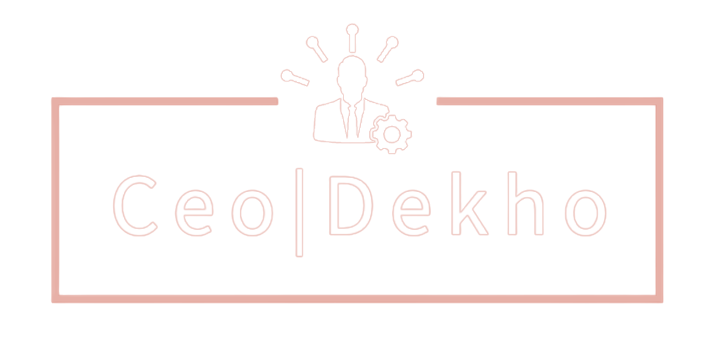STARTUP-STORIES
Centre Approves ₹50 Lakh Grants for Seven Startups in Technical Textiles Sector

SUMMARY
The Centre has approved ₹50 lakh grants for seven startups in the technical textiles sector under the National Technical Textiles Mission (NTTM) to promote innovation and sustainability. This initiative is part of a broader plan to support 150 startups and includes relaxed royalty caps to facilitate growth.
The grants, approved under the GREAT scheme, aim to encourage early-stage innovation and commercialization in technical textiles. Additionally, ₹6.4 crore has been granted to IIT Guwahati to enhance its technical textiles curriculum and infrastructure, contributing to India's goal of becoming a global leader in the sector.
In a significant move to drive innovation in the textiles sector, the Centre has approved grants of ₹50 lakh each for seven startups under the National Technical Textiles Mission (NTTM). This initiative, announced by the Ministry of Textiles on Thursday, aims to promote sustainability and foster transformative developments in the technical textiles industry.
The Ministry has set an ambitious target to support 150 startups in promoting innovations within technical textiles. These seven startups are in addition to the one that was approved earlier. This initiative was first reported by Mint on 4 June, detailing the Ministry's plan to provide grants of up to ₹50 lakh to startups in the technical textiles space without seeking any share of the profits generated.
Relaxed Royalty Cap for Enhanced Growth
The Textiles Ministry has also relaxed the royalty cap on this scheme. Typically, fund providers take a percentage of the profits as ‘royalty’ in return for their investment. This relaxation is designed to facilitate the growth of these startups.
The Empowered Programme Committee (EPC), chaired by Textiles Secretary Rachna Shah, has approved proposals focusing on sustainability, composites, high-performance textiles, meditech, and smart textiles. These projects aim to drive significant advancements in these crucial areas.
Promoting Research and Entrepreneurship
The grants have been sanctioned under the NTTM’s Grant for Research and Entrepreneurship across Aspiring Innovators in Technical Textiles (GREAT) scheme. This initiative encourages young innovators, scientists, technologists, and startup ventures to transform their ideas into commercial technologies and products, thereby promoting self-reliance in India.
The approved startups include projects developing braided composites for military applications, Radmone integrated IFF antennas, surgical simulation models made of composites for training doctors, and nano-fiber infused textiles for energy generation and sensing.
Boosting Technology-Driven Manufacturing
These initiatives are expected to make significant contributions to technology-driven manufacturing in India. Additionally, the EPC has approved a grant of ₹6.4 crore to IIT Guwahati to introduce new subjects in technical textiles and enhance the laboratory infrastructure in the institute's Civil Engineering Department.
Launched in 2020, NTTM aims to position India as a global leader in technical textiles by promoting research, innovation, and the use of technical textiles across various sectors.
Expert Opinions and Market Insights
Rahul Ahluwalia, co-founder of the Foundation for Economic Development, stated, “The synthetics eco-system in India needs a big boost in both textile and apparel. Technical textiles are one part of the synthetics ecosystem, so the government recognizes this gap. Startups have a role to play, but the government will also need to focus on big investors that can bring scale to synthetics.”
According to a KPMG report, the Indian technical textiles market is the 5th largest in the world, valued at $21.95 billion in 2021-22, with production amounting to $19.49 billion and imports at $2.46 billion. Over the past five years, this market has grown at 8-10% per annum, with the government aiming to accelerate this to 15-20% over the next five years. The global technical textiles market was estimated at $212 billion in 2022 and is expected to reach $274 billion by 2027, growing at a CAGR of 5.2% during 2022-27, driven by increasing demand across industries and the rapid development of new applicative products.
For more updates on this initiative and other industry news, keep following our coverage.
Latest News

STARTUP-STORIES








